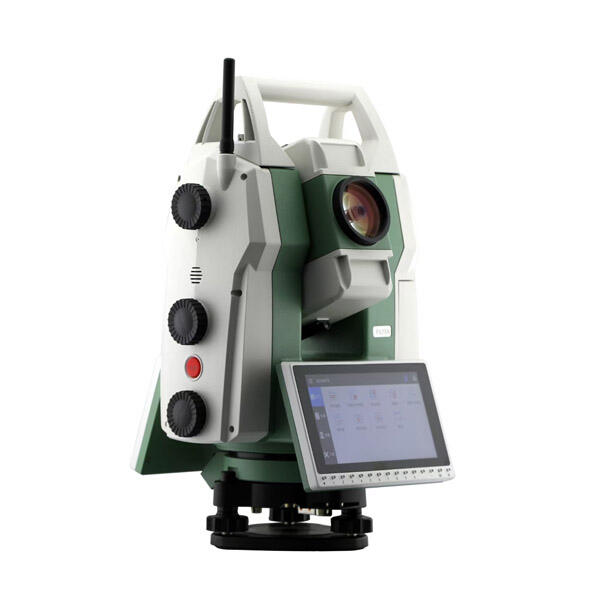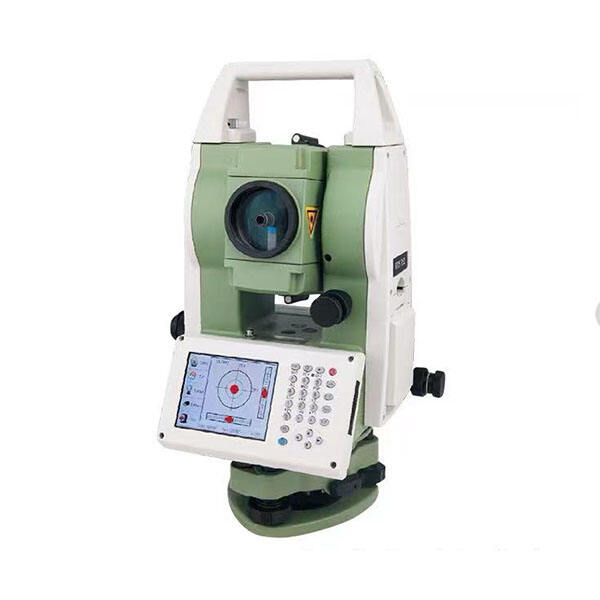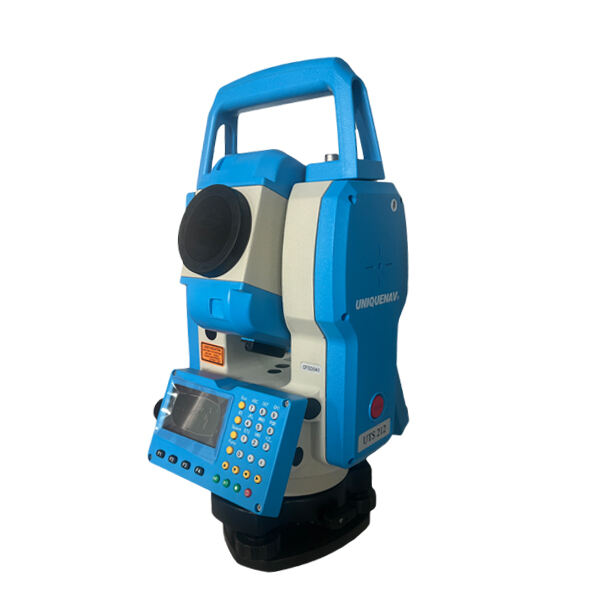construction total station
A construction total station represents a sophisticated surveying instrument that combines electronic distance measurement technology with angular measurement capabilities. This advanced device serves as an essential tool in modern construction and surveying operations, offering precise measurements and data collection capabilities. The instrument integrates an electronic theodolite with an electronic distance meter, enabling users to determine both horizontal and vertical angles, as well as the slope distance to a particular point. Modern total stations feature built-in computers with removable data collectors, allowing for efficient storage and transfer of measurement data. The device operates by emitting an infrared beam to a reflector or target point, measuring distances with millimeter accuracy and angles with precision down to one second of arc. Key functionalities include stake-out procedures, topographic mapping, and construction layout tasks. The total station's technological features encompass robotic capabilities, automatic target recognition, and integration with GPS systems. These instruments prove invaluable in applications ranging from building construction and road layout to tunnel guidance and bridge alignment. With their ability to perform complex calculations and provide real-time data verification, total stations have become indispensable in ensuring construction accuracy and efficiency.


